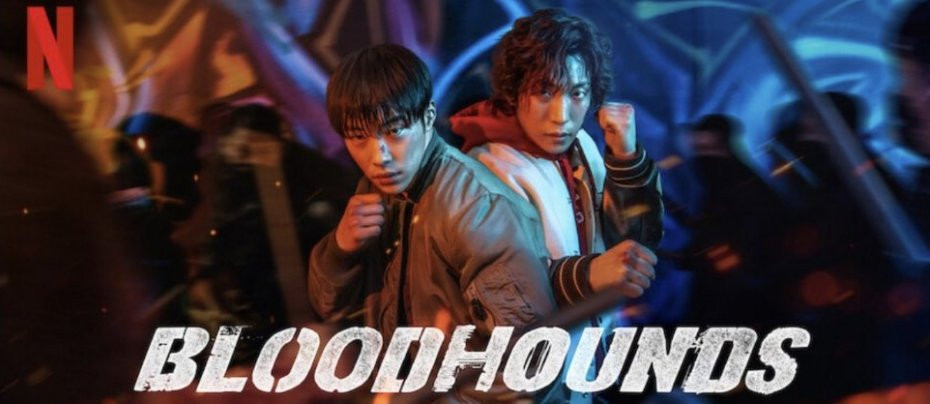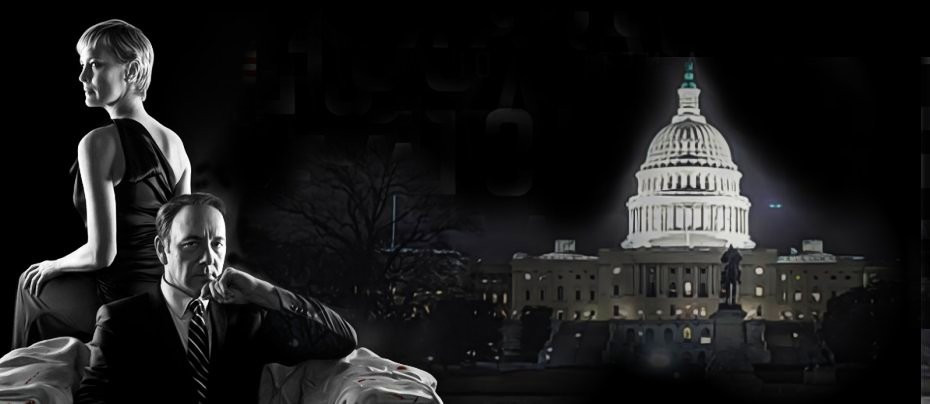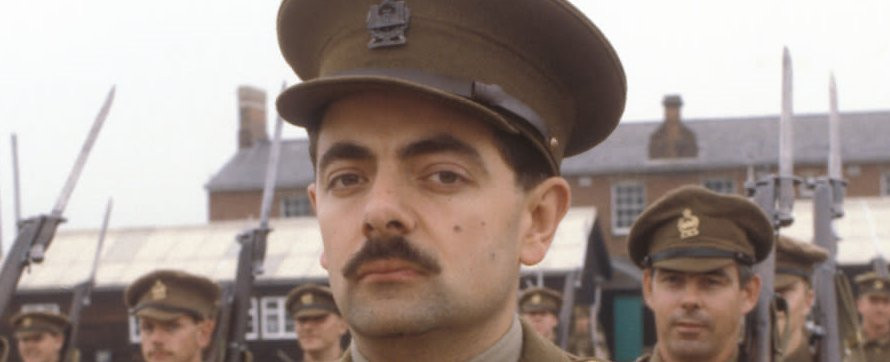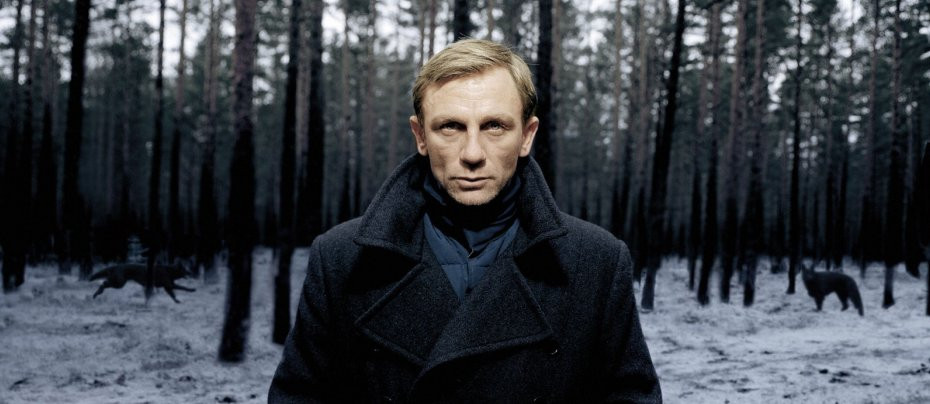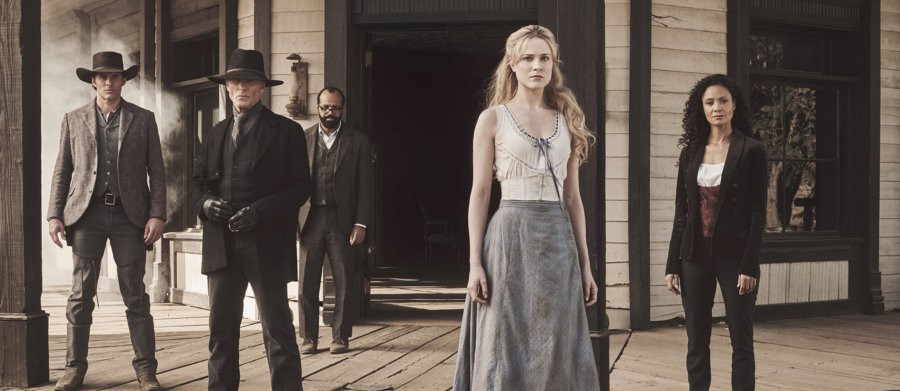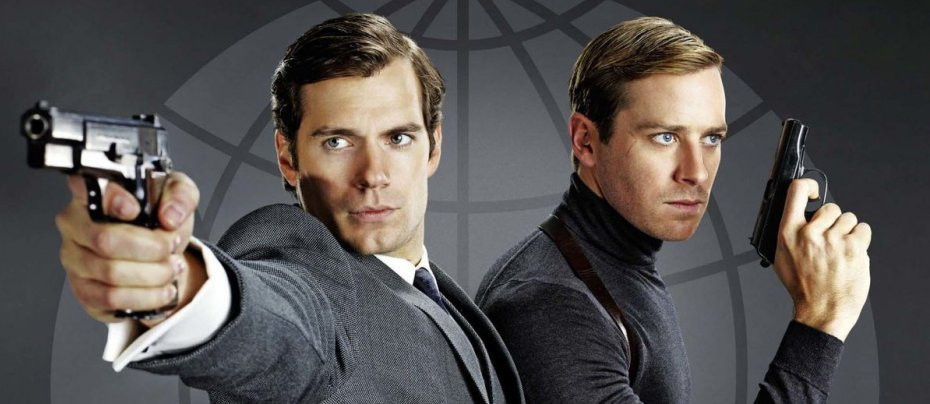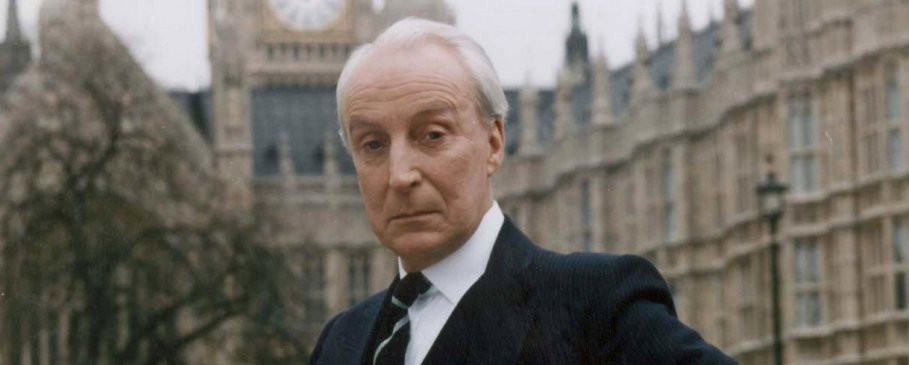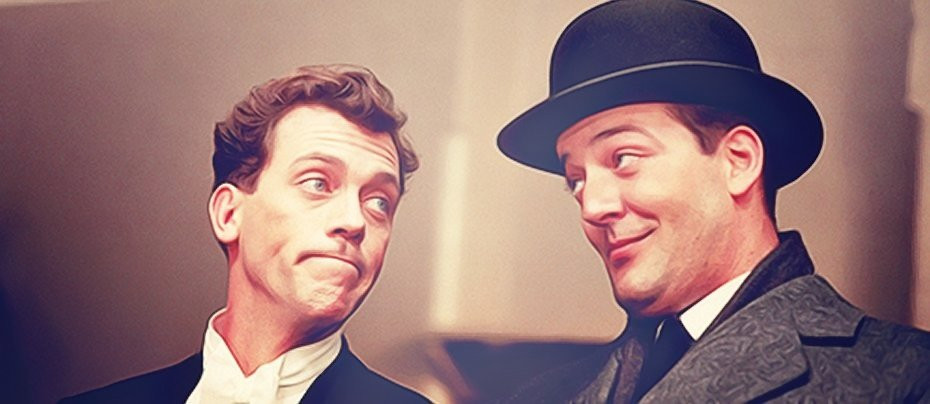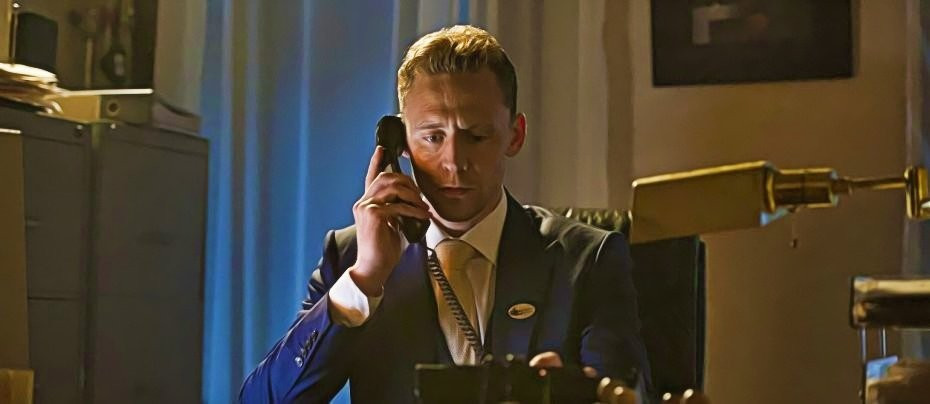
The Night Manager
2016 - United KingdomReview by John Winterson Richards
A contemporary political thriller, The Night Manager is lifted from the mass of such things by a great cast on top form and by memorable production values, but let down a little by some weak plotting - which is surprising, since it is based on a novel by David Cornwell, better known as John le Carre, with two of his sons riding shotgun as Executive Producers. It is less of a surprise that it is weakest when it departs most from the novel, which made the moral stakes clearer by involving drug cartels rather than generic Middle Easterners.
Jonathan Pine, a disillusioned former British Army officer whose calm under pressure helps him find his niche in the upper end of hotel management - hence the title - throws his promising career away to insinuate himself into the family and business of a wealthy arms dealer, Richard Onslow Roper, with the intention of bringing him down.
Pine is played by Tom Hiddleston, at that point recently established as a bona fide Hollywood film star as Loki in the Marvel Avengers franchise, but perhaps eager to prove his credentials as a leading man in his own right. In this he succeeds, even if we never really get behind Pine's handsome facade. There are interesting hints that he might be as psychopathic as his antagonist, but these are never really followed up, a missed opportunity.
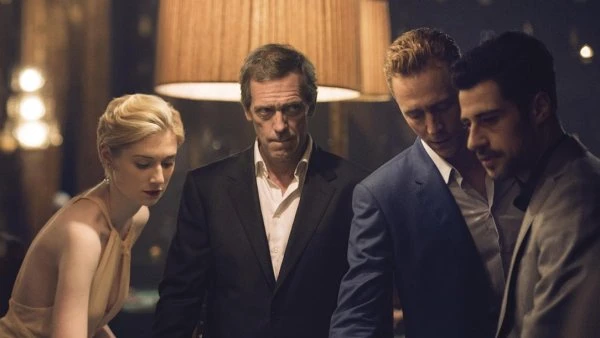
It looks like Hugh Laurie, who plays Roper, also wanted to stretch himself at the time. Having made an impressive transition from buffoonish comedy characters to a multilayered tragic hero in House, here he takes a step further and goes full villain. Like many high functioning psychopaths, Roper has a brisk charm that is superficially attractive. It is possible that he may not even think of himself as a psychopath, only a practical man in a tough world. It is only gradually that his true nature reveals itself.
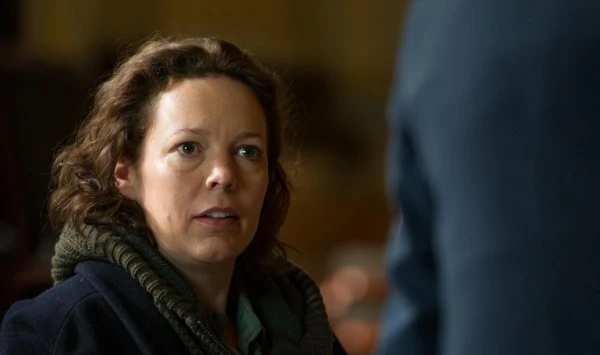
Olivia Colman was pregnant during filming and she turns this to her advantage by giving the hard bitten head of an underfunded section of the British "intelligence community" charged with policing the international arms trade an incongruously maternal presence. She exploits this quite ruthlessly. David Harewood, using his American accent from Homeland, is her slightly better funded counterpart from the United States, while Tobias Menzies (Rome, Game of Thrones, The Crown) is the powerful head of the Secret Intelligence Service, formerly MI6, who has an agenda of his own.

Elizabeth Debicki (also to do well later in The Crown) is very likeable as Roper's American mistress, even if her predictable affair with Pine seems rather forced and unlikely (it makes both of them look bad, her because she is exploiting Roper quite callously and him because it looks like he learns nothing from his mistakes). Tom Hollander (Feud), as Roper's eccentric enforcer, proves once again that it is not necessary to be imposing to be intimidating. Douglas Hodge (The Great), Russell Tovey (Being Human), and, also stretching himself as an actor, Neil Morrissey (Men Behaving Badly) are all effective in supporting roles.
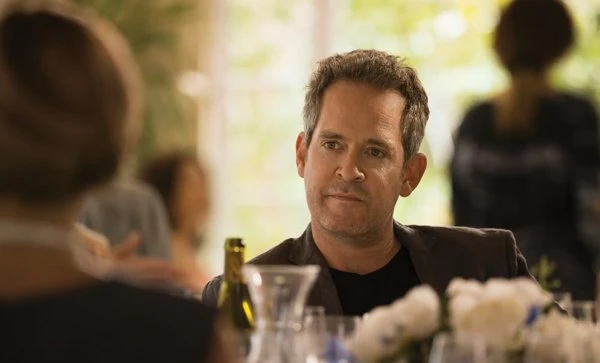
Danish director Susanna Bier does a superb job evoking the glamorous world of luxury hotels and high level international trade. Indeed the whole project sometimes plays like an ode to consumerism, which may not have been the intended message. The production wallows in its stunning locations, tailor-made suits, starred restaurants, champagne on tap, expensive looking liquors, helicopters, speedboats, and convoys of shiny new cars. A particularly clever opening titles sequence transforms symbols of conspicuous consumption into the weapons that pay for them and vice versa.
It could be argued that the real star of the show is not Hiddleston or Laurie but La Fortaleza, the $60 million (2011 prices) converted fort in Mallorca that plays Roper's private residence. Whether it is thanks to the production designer or the interior decorator of the property itself, everything looks so stylish - if in an ostentatiously expensive way - that the viewer is tempted to reflect that the wages of sin may indeed be death but nevertheless very attractive in the meantime.
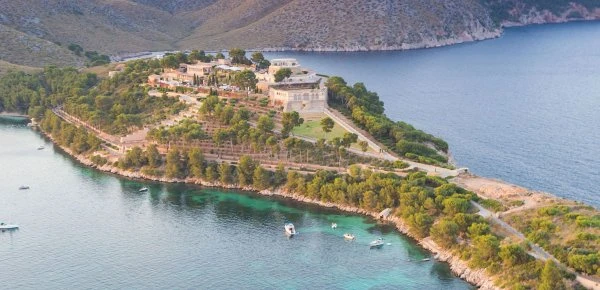
As she was later to prove in Bird Box, Bier is also expert at building up tension in scenes and sequences. It is not her fault but the script's story as a whole is less compelling.
From the start we have a problem with motivation. This applies to nearly all of the characters - it is not made clear why they are so passionate as they are about what they do - but it is most true of Pine. He thrusts himself into a situation that has absolutely nothing to do with him in Egypt in the "Arab Spring" of 2011. If he has a political agenda, it is left unclear. It is worth noting what the script sidesteps, that the immediate consequence of this was the installation of a militantly anti-Western government in Egypt that had to be removed by a subsequent pro-Western military coup. The implication is that Pine's helpful friends are militant extremists.
His initial foolish bumbling about in matters beyond his understanding results in a predictable personal loss. He dedicates himself to taking revenge on Roper, despite us, and, as far as we know, our hero, being given no evidence at this point that Roper was directly involved in the actual tragedy. Indeed, one might argue that Pine himself is more to blame, but the interesting possibility that he is driven by a displaced sense of his own guilt is never explored. It is only later that Roper shows how nasty he can be. Until then, there is simply no good reason why Pine should give up not only his career but his good name, and expose himself to considerable physical risk, to destroy a man who has apparently done nothing against him.
His inexplicable rage is nevertheless exploited mercilessly by British and American intelligence agents engaged in a bureaucratic turf war. The "intelligence community" is portrayed as being divided between Guardian readers and gunrunners. No one talks seriously about the national interest. Having always avoided that world, your reviewer is in no position to say how accurate this is, but the point is that, where Cornwell/le Carre's evocation of the squalid existence of spies and their manipulators always seemed believable, this does not.
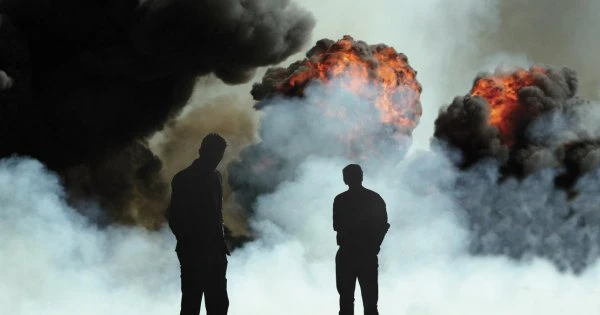
We are invited just to accept that "arms dealers bad, government enforcement good." Of course, a few years on, in the early 2020s, it is more open and obvious than ever that governments are, as they have always been, the biggest purchasers and providers of every sort of weapon, even the nastiest, so it is difficult to see if anyone had the moral high ground here - especially since some of the actions of the supposed "good guys" in The Night Manager are ethically beyond the pale. Even if, big if, one is prepared to accept the dubious general principle that ends justify means, it is hard to see any ends here that justify threatening a child.
The net effect of all this is a certain emotional distance from Pine: it is not easy to care about him or his rather confused cause, which in turn reduces investment in his story. This is a pity because the story itself is well told by an accomplished director and cast with great support from all the production departments. It has just been announced, while this review is being written, that two more seasons have been commissioned, but apparently without Bier in the director's chair. She will be missed. It was her style that gave The Night Manager more substance than the plot probably deserved.
Seen this show? How do you rate it?
Seen this show? How do you rate it?
Published on June 19th, 2024. Written by Laurence Marcus for Television Heaven.


